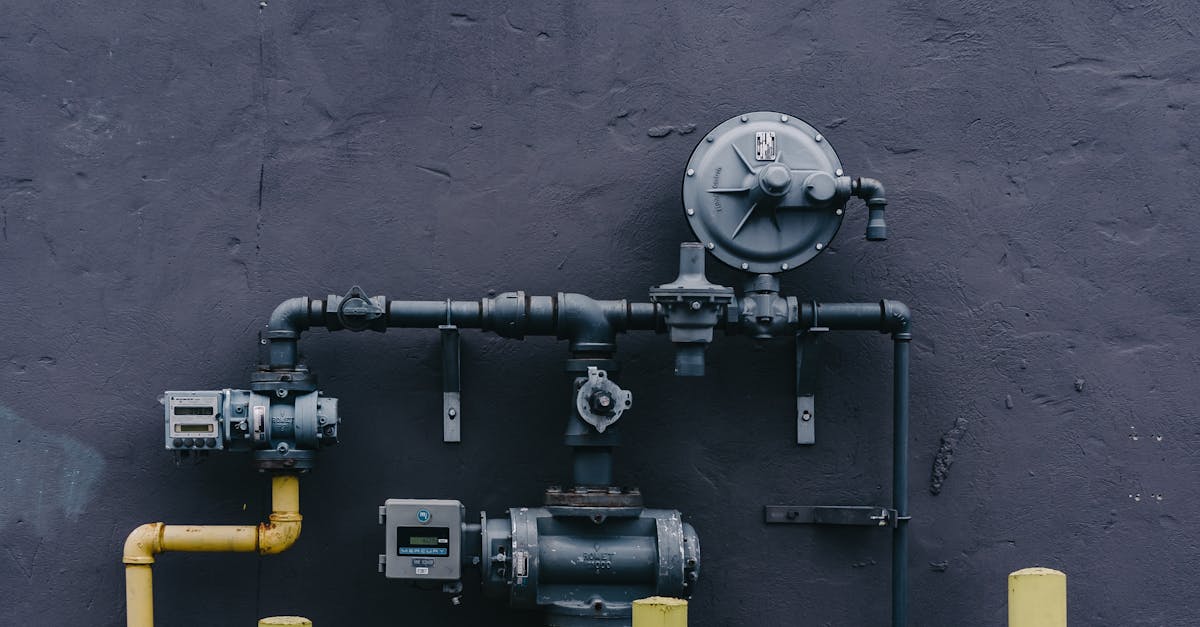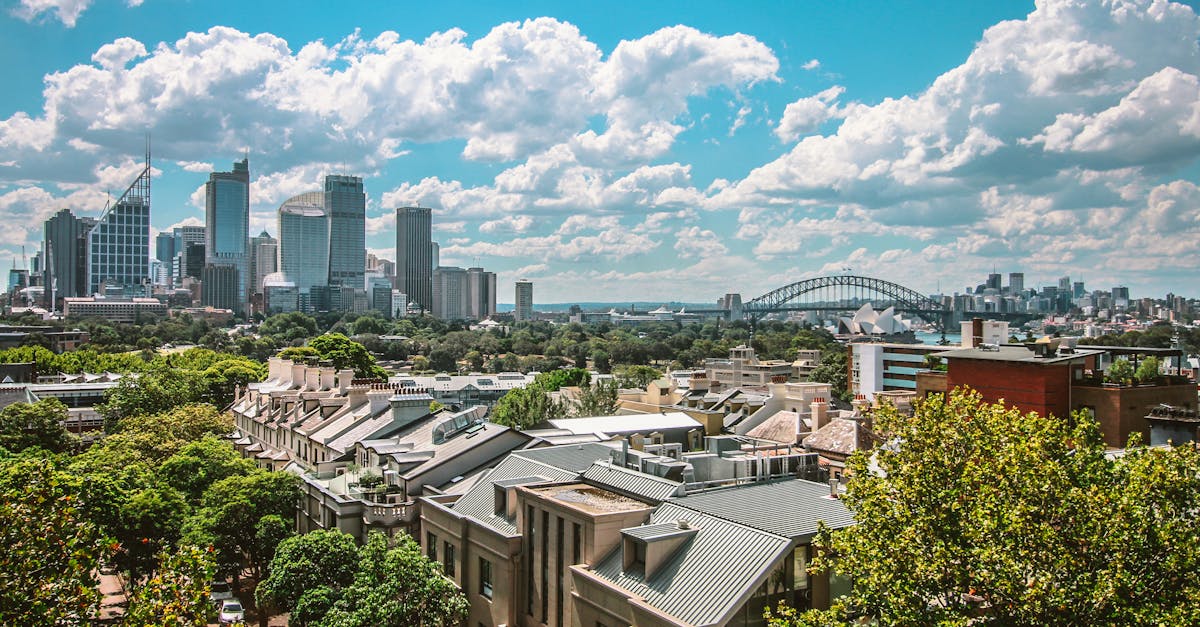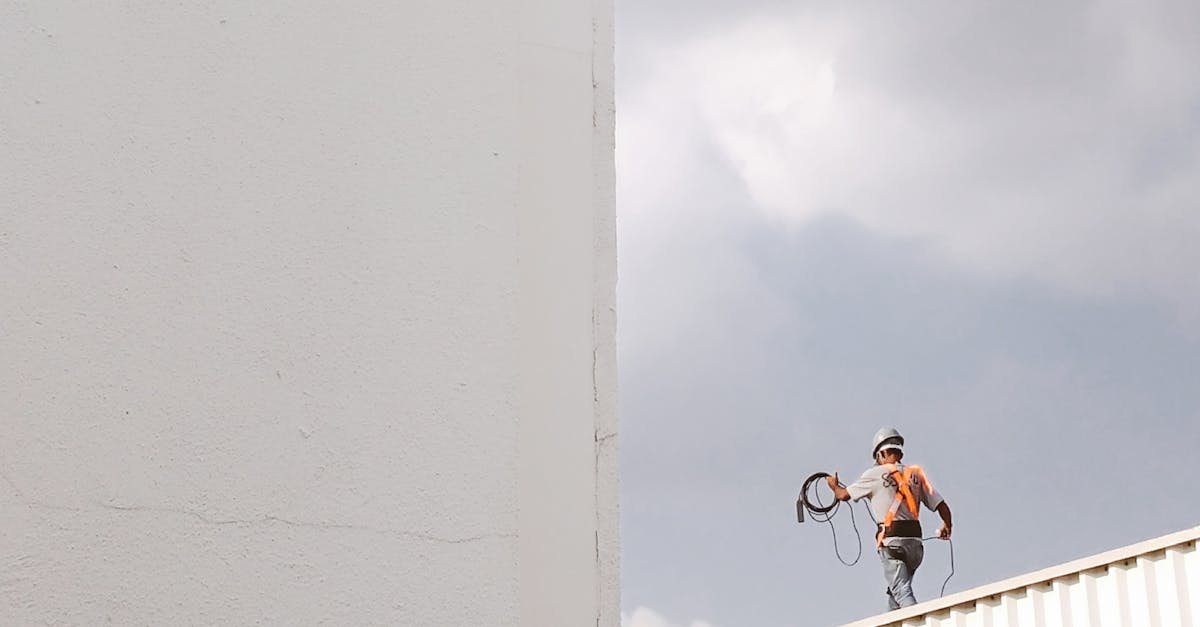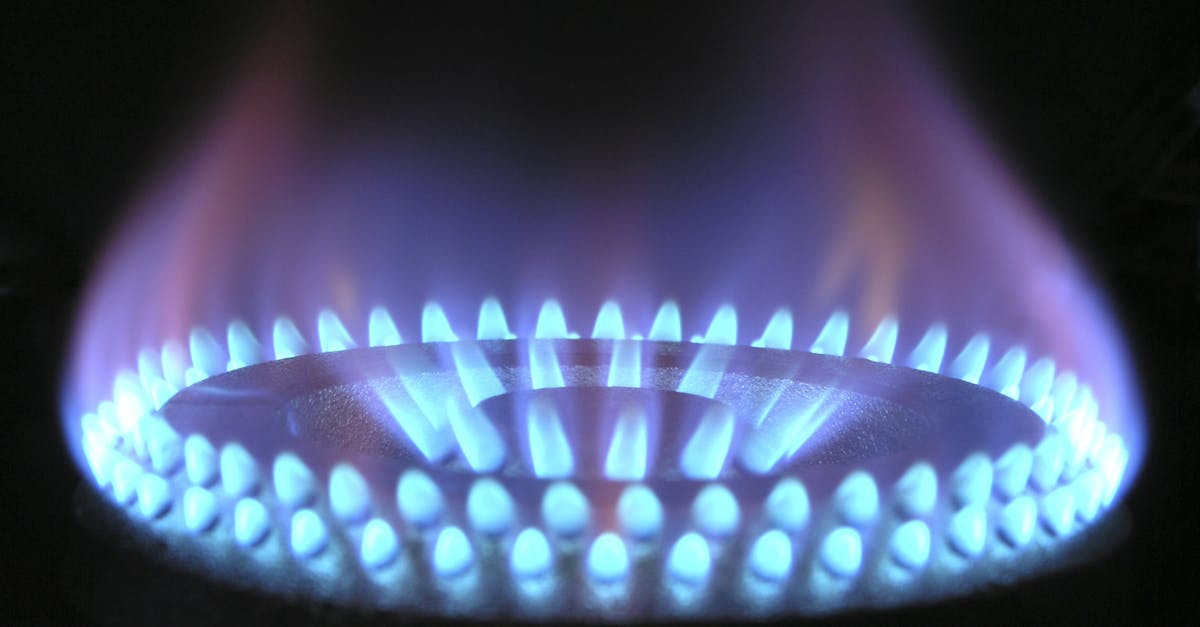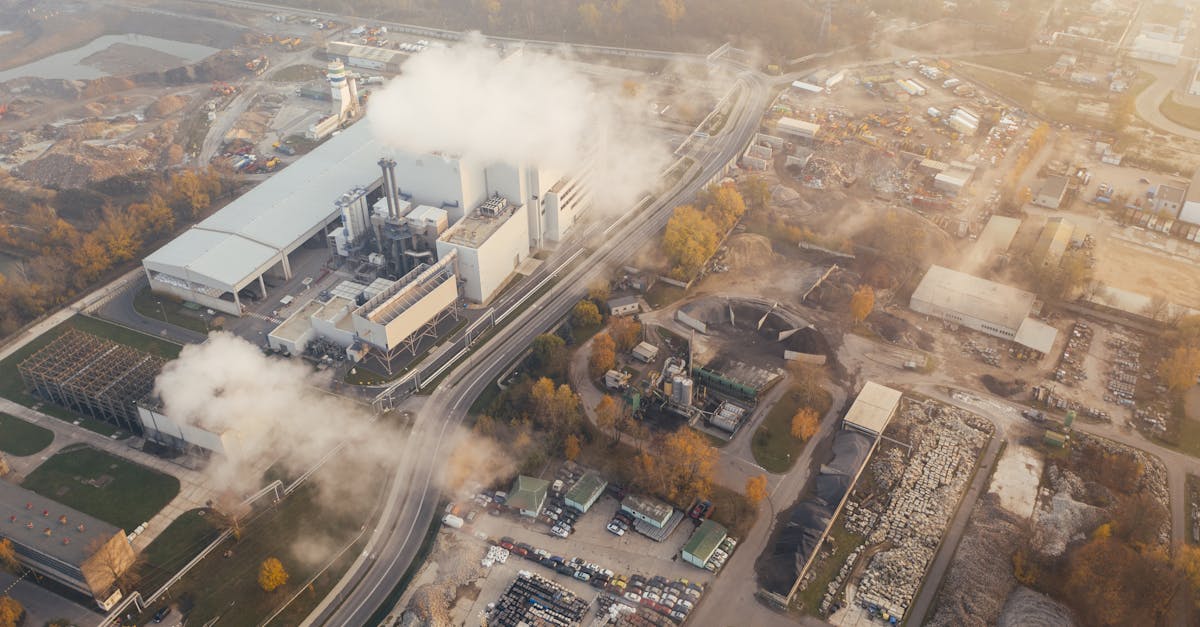
Table Of Contents
StepbyStep Guide to Replacing a Tap Washer
Replacing a tap washer is a straightforward task that can save money while preventing leaks. Start by turning off the water supply to the tap. You can usually find the shut-off valve under the sink or at the water meter. Once turned off, drain any remaining water from the tap by turning it on fully. This step helps minimise mess during the replacement process.
Next, remove the tap handle by unscrewing it, which may require a screwdriver or a wrench depending on the type of tap you have. Once the handle is off, carefully take out the old washer, noting its size and type for replacement. Head to your local hardware store, or consult a gas plumber Sydney if you need guidance on the correct washer for your tap. Finally, install the new washer, reassemble the tap, and turn the water supply back on to check for any leaks.
Detailed Installation Instructions
To replace a tap washer, first isolate the water supply by turning off the valves under the sink. If no valves exist, turn off the main water supply. Once the water is off, use a flathead screwdriver to remove the decorative cap on the tap handle. Unscrew the handle using a spanner, exposing the stem. Carefully pull out the stem unit to access the washer.
Next, replace the old washer with a new one that fits snugly onto the stem. If necessary, use pliers to securely attach the stem back into place. Reassemble the tap by reattaching the handle and decorative cap. Before turning the water supply back on, check for any leaks and ensure everything is tightly fitted. If complications arise during the process, it may be wise to consult a professional, such as a gas plumber Sydney, to assist with the repair.
Comparing Costs
The cost of replacing a tap washer can vary significantly depending on whether you choose to tackle the job yourself or hire a professional. For those who opt for the DIY route, the expenses are generally limited to the price of the replacement washer, which can range from a couple of dollars to around $20. Adding basic tools, if needed, could increase the upfront costs but still keeps the total relatively low. This approach may appeal to those looking to save money and gain hands-on experience with home maintenance.
In contrast, hiring a professional service may lead to higher costs. A plumber will typically charge an hourly rate, which can range from about $100 to $200, depending on their expertise and travel time. For residents in urban areas, such as Sydney, rates can be more competitive or fluctuate based on demand. Engaging a reliable gas plumber Sydney for the task also ensures the work is done efficiently and meets all necessary safety standards, justifying the higher investment for peace of mind.
When to Call in a Plumber
Sometimes, replacing a tap washer becomes more complex than expected. If you encounter issues such as corroded fixtures or persistent leaks after your DIY attempts, it may be time to consult a professional. A skilled tradesperson can diagnose underlying problems and ensure that repairs are safe and effective. Trying to fix a plumbing issue without proper knowledge can lead to further damage or complications.
Certain situations clearly warrant a call to a plumber. If the tap is connected to gas appliances, for instance, seeking a gas plumber Sydney is essential for safety. Additionally, if there's water pooling or signs of extensive damage, professional intervention is crucial to prevent major plumbing crises. Hiring an expert not only saves time but also ensures that the job meets local regulations and standards.
Maintenance Tips for Longevity
Regular maintenance is essential to prolong the life of your tap washers. Simple measures can help you avoid leaks and keep them functioning smoothly. Inspect your taps for any signs of wear or corrosion. Tightening loose fittings and ensuring the seals are intact can prevent unnecessary damage over time. Additionally, flushing the taps occasionally to remove mineral deposits will also maintain their efficiency.
If you encounter persistent issues after trying these preventative measures, it may be time to seek professional assistance. Engaging a reputable gas plumber Sydney can provide expert insights into the condition of your plumbing system. They can pinpoint underlying problems that may affect your tap washers and offer solutions to ensure a durable, long-lasting setup. Regular check-ups can save you money in the long run, reducing the frequency of repairs and replacements.
Caring for Your Tap Washers
Regular maintenance of your tap washers ensures they function efficiently. Periodic checks can prevent leaks and prolong the lifespan of your taps. Inspecting for mineral build-up or wear and tear allows you to address minor issues before they escalate into costly repairs. Additionally, cleaning the tap components mitigates the risk of corrosion and extends their usability.
If you encounter persistent issues or require professional assistance, engaging a gas plumber Sydney can provide expert support. They possess the necessary skills to diagnose and rectify common tap problems. Proper maintenance combined with expert help contributes significantly to the durability of your tap washers.
FAQS
What is a tap washer?
A tap washer is a small rubber or silicone component inside a tap that helps to create a water-tight seal, preventing leaks when the tap is turned off.
How much does it typically cost to replace a tap washer?
The cost to replace a tap washer can vary depending on whether you choose to do it yourself or hire a professional. DIY costs may range from $5 to $30 for materials, while hiring a plumber could cost between $80 and $150, including labour.
How can I tell if my tap washer needs replacing?
Signs that your tap washer may need replacing include persistent dripping or leaking from the tap, difficulty in turning the tap on or off, or unusual noises when the tap is in use.
Is it difficult to replace a tap washer myself?
Replacing a tap washer is generally considered a simple DIY task that can be completed with basic tools and a little patience, following a step-by-step guide.
When should I call a plumber instead of replacing the washer myself?
You should consider calling a plumber if you're not comfortable with DIY tasks, if you encounter complications during the replacement process, or if the leak persists even after you've replaced the washer.



